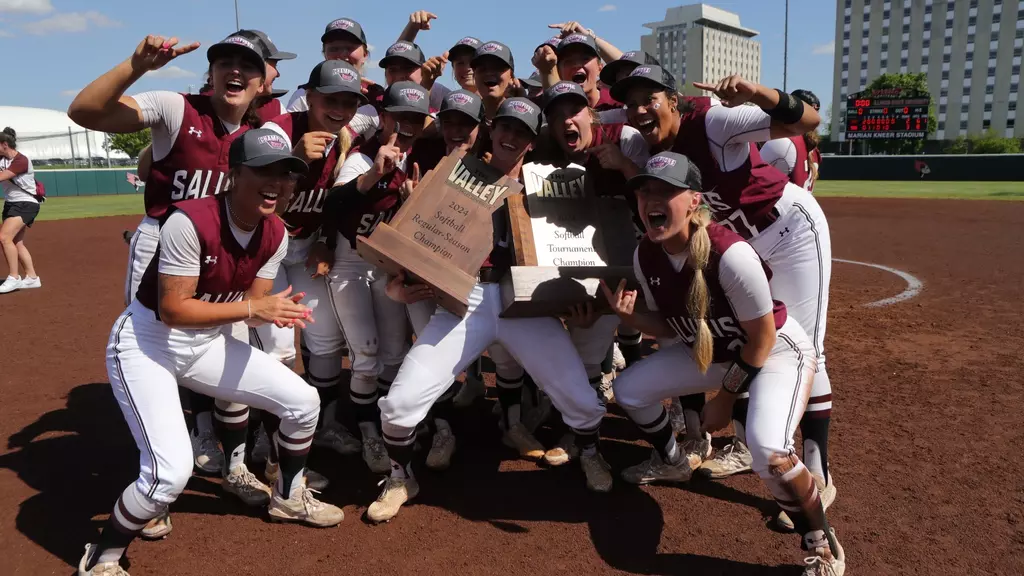D.A.R.E. cops cruise in confiscated car, Dealer’s seized Mustang sends strong drug-awareness message to local youth
September 16, 1996
Several members of the Carbondale Police Department cruise in style in a1992 black Mustang GT while performing their duties. Police say the car was seized in a 1995 crack cocaine case, and such seizures are not rare.
D.A.R.E. officer Bob Conway said he and other D.A.R.E. officers use the Mustang when they go to schools to teach the drug awareness program to local youth. He said he enjoys using the car, not only because it is a nice car to drive but also because it makes a serious statement to the children he teaches.
It’s really cool. It looks really neat, and the kids we teach are fascinated with it, Conway said. And the great message the car gives the kids is that this car was a drug dealer’s pride and joy. Now he’s in prison, and we have his car.
Advertisement
Lt. Bob Goro said that during the past five years, the Carbondale Police Department has confiscated about $67,000 in cash and 10 vehicles from drug trafficking cases.
Goro said an accurate annual amount of seizure cannot be given because it varies greatly from year to year.
We seized $35,000 in one case this year, but some years we seize as little as $2,000 or $3,000, he said.
Goro said the forfeiture law, which governs seizure, states that all requests for seizure must be filed with the state’s attorney in a state case and with a U.S. attorney in a federal case. If the suspect is convicted, confiscation is automatic unless it is contested. If it is contested, a judge then decides if it is a legal seizure.
Almost anything can be seized if it meets the proper guidelines.
Homes, cars, money, basically any real property can be seized, Goro said. But before we can seize property, we have to show that it was derived directly from drug trafficking.
While sometimes a relationship between property and drug trafficking may be difficult to show, other times it is not.
Advertisement*
If someone buys a new Cadillac, and all he does is sell drugs, then the Cadillac is probably related to the drug sales, Goro said.
Any vehicle confiscated through the seizure law is the department’s property if the police decide to use it.
But when it comes to cash seizures, Goro said the department does not keep all the money. He said in state cases, the state government gets 35 percent of the money, and in federal cases, the U.S. government gets 20 percent.
Drugs that are seized are destroyed by order of the court after the case is closed.
Everything the department seizes has to be used in combating drug offenses. Goro said police use the vehicles for drug-related programs such as D.A.R.E., for surveillance, and in some cases, the cash is used to buy narcotics from suspected drug traffickers and to buy needed equipment to battle drug offenses.
It helps a lot budget wise, he said. We can buy equipment that we otherwise wouldn’t be able to afford.
Goro has a stern warning for any would-be drug traffickers in Carbondale.
If you use your autos and homes in the selling of drugs, there’s a good chance they’ll be seized and forfeited, he said.
Advertisement







